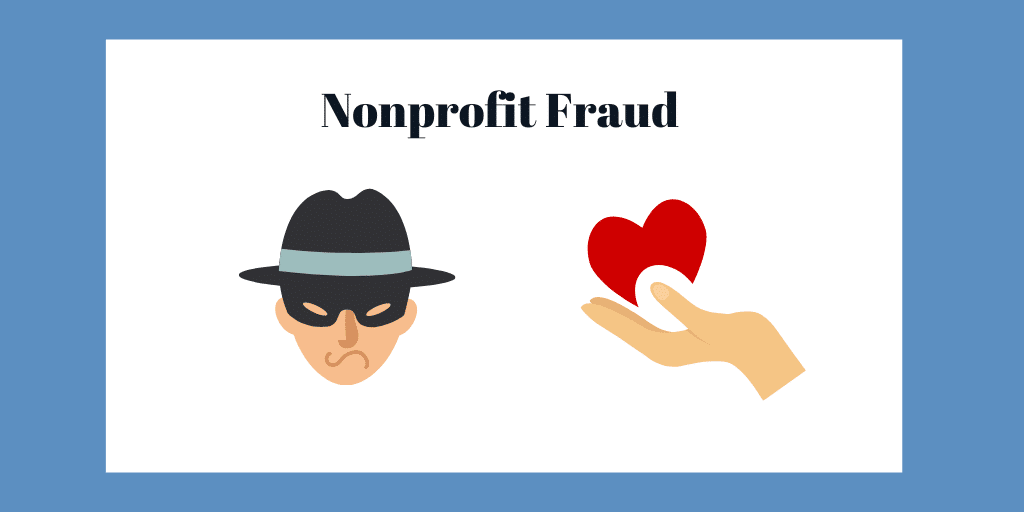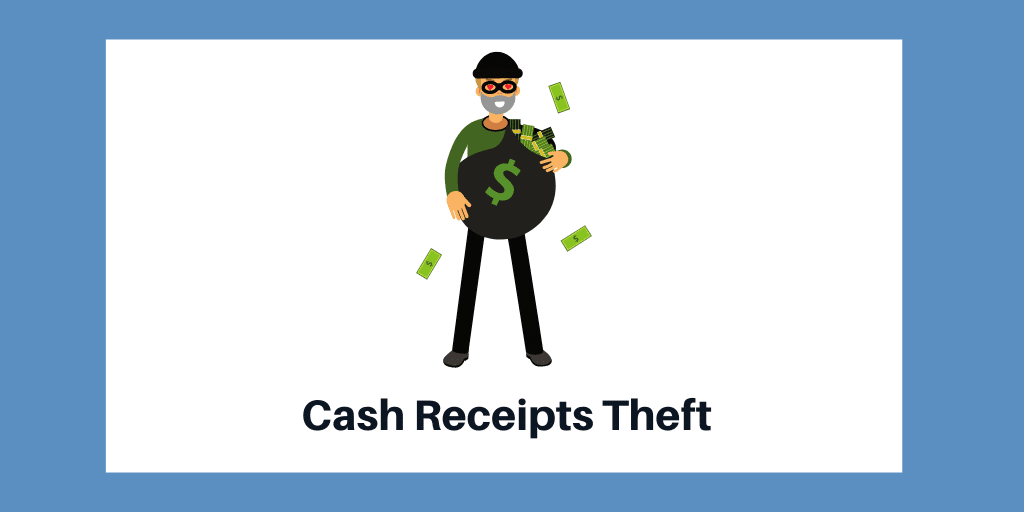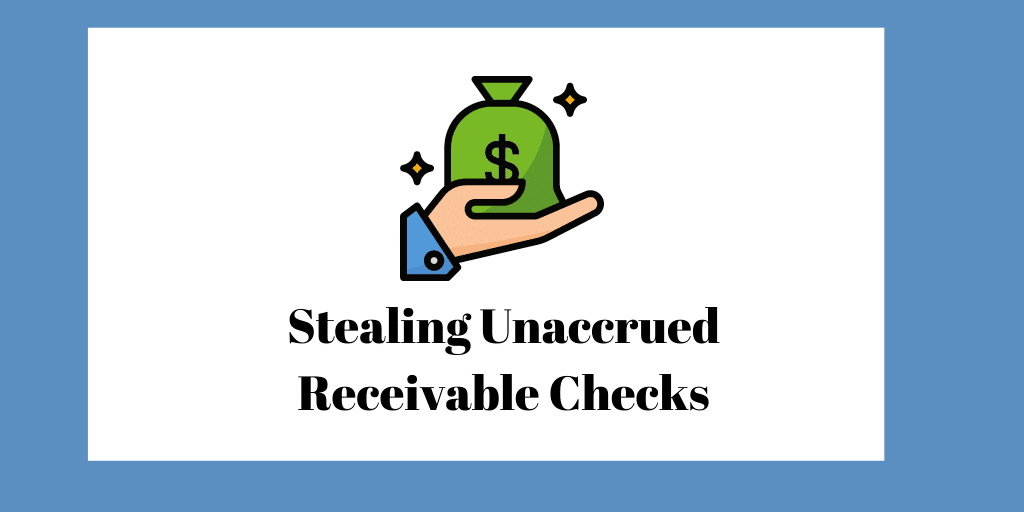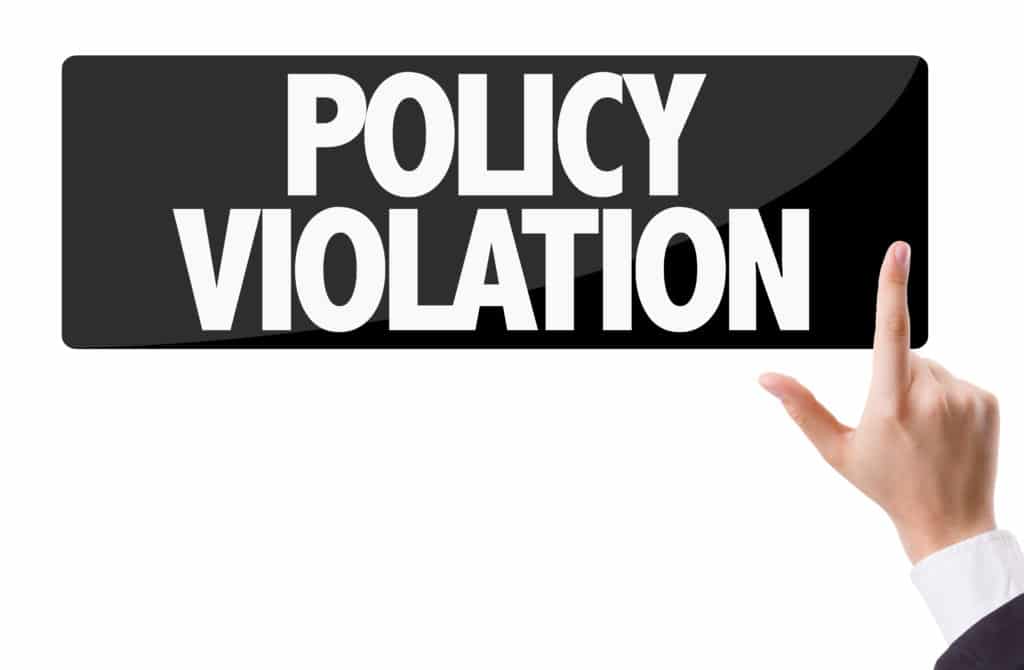
Nonprofit Fraud: Selling Donated Goods
By Charles Hall | Asset Misappropriation
Nonprofit fraud is real. Hard to believe? Yes. But it happens.
Sometimes nonprofit embezzlers sell donated goods. Today, we examine how nonprofit employees can steal assets rather than cash and how you can prevent such thefts.
Nonprofit Fraud
Several workers at a California Goodwill pled guilty to taking over $15 million. Their scheme involved the selling of donated goods by the barrelful to private dealers who sometimes wheeled tractor trailers up to the rear of Goodwill stores.
The dealers sold most of the goods in Mexico. The thefts–involving seven primary culprits, four of whom were sisters–occurred over a twenty-year period that started in the mid-70s.
So how were the fraudsters caught?
One culprit went through a bitter divorce, and the husband disclosed the scheme to authorities.
Nonprofit Fraud Control Weakness
The article describing this case did not provide details of the store operations, but it appears–at the time–inventories of donated goods were not properly documented. When assets, of whatever form, are not inventoried, they are more likely to disappear.
Lessening Nonprofit Fraud
Account for all inventories. Also, clothing that is sold in bulk should be documented. So each time a truck backs up to a store, the activity should be recorded—who received the goods, the sales price, who approved the sale, why the goods were sold in bulk. The store should have a policy that cash is not to be received for such sales.
Consider adding a whistleblower hotline. Nonprofit employees sometimes see signs of theft. Make it easy for them to report fraudulent activity. Doing so creates the camera effect.
Also, install a security camera that records all loading dock activity.
Note–This case was adjudicated in the 1990s, and Goodwill has, since that time, made significant improvements to its controls.





